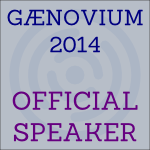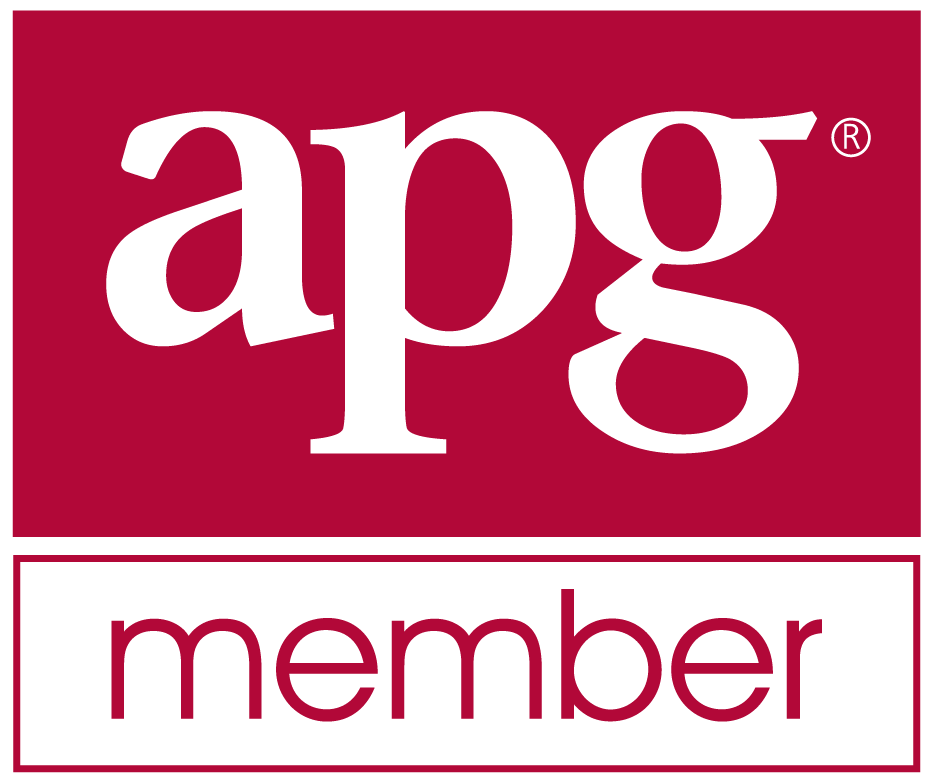Interesting Twists - Sun, 26 Oct 2008
It’s only as you start doing something, that you discover a better way.
I started trying to remove the ElPack components that were in Behold. I added them several years back to do little things that Delphi 4 back then couldn’t do. My expectation was that most of these extras have by now, 10 years later, been added into Delphi 2009.
I am correct with regards to Delphi incorporating Unicode and the visual styles of Windows XP and Vista. But I found little bits of functionality - the display of the percentage on the progress bar; html links in the daily tips, an unlimited size INI file, and others - that I could have either have left out, or with some work looked for a way to replace.
The main feature of the ElPack package I was using was ElTree for Behold’s Treeview and for the Organize Pages. If my goal was to replace ElTree with Virtual Treeview, then why bother keeping the rest of ElPack for the other relatively minor components?
A few things made me change my mind, and I’ve now decided I’ll probably stick with the ElPack package, and the reasons are:
- Right now, everything works. Why fiddle with it?
- ElPack was bought by LMD and they have been actively updating it, seem to have good support and have a Delphi 2009 version available.
- ElTree has a virtual mode available (where the data is not stored in the tree) which gives me most of the benefits I’d get by switching to Virtual Treeview, the latter now being Open Source and is now maintained by the community rather than by its original developer.
- I wasn’t looking forward to the work involved in switching ElTree to Virtual Treeview and the possible loss or change of some of the current functionality.
The good news about all this is that significant progress is being made by *NOT* making these changes and therefore not delaying the schedule towards the beta. What it will take is an upgrade to the new version of ElPack, and I’ve been testing their trial version and everything (except the INI files) seems to work.

 Feedspot 100 Best Genealogy Blogs
Feedspot 100 Best Genealogy Blogs





